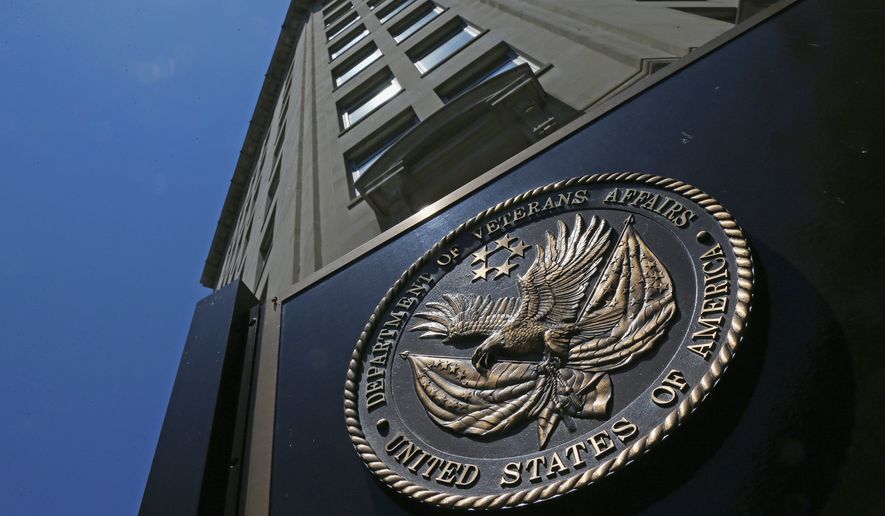Service members will soon be screened annually to assess their risk of suicide because of a new provision included in the annual defense policy bill.
Sen. Joe Donnelly, Indiana Democrat, pushed for the Jacob Sexton Military Suicide Prevention Act to be part of this year’s bill, which has already passed the House and is expected to pass the Senate this week.
“We have to break the chain and we have to end the tragedy,” he told reporters Wednesday.
The plan would add a mental health check to the annual health screening for all active duty, National Guard and reservists. A primary care physician would be required to ask a series of questions to check on a service member’s suicide risk and refer him or her to a mental health specialist if more help was needed.
Requiring the annual assessment is a great first step, but the military must go further in implementation, making sure primary care providers have at least some training in identifying suicide risk, said Karen Kanefield, director of training and accreditation at the American Association of Suicidology.
“Very often when someone is asked if they’re thinking about killing themselves, they are likely to say no. If you just are working off a checklist, well, he said no, see you next year,” she said. “It’s more than that.”
The bill is named after Jacob Sexton, a member of the Indiana Army National Guard who served in the infantry Iraq and Afghanistan. Sexton was just 21 years old when he shot and killed himself in a movie theater while home on leave from Afghanistan in 2009.
“We lost Jake and all the great things he would have done for the rest of his life,” Mr. Donnelly said.
The act would also guarantee that the mental health assessments are kept private and require a Pentagon report within a year on which programs are working best, allowing other branches to copy those that are succeeding.
Suicide has been a growing problem in the military. In 2013, 132 American troops died in combat. In contrast, 475 died over that same time period to suicide, Mr. Donnelly said.
While the mental health of service members is currently evaluated before and after a deployment, reports have shown that those who don’t deploy are also at a heightened risk of suicide, Mr. Donnelly said.
The annual reviews will be especially important for National Guard and reservists, who often return home from a deployment but don’t have the same services available to active duty service members on base, mental health advocates said.
“It’s a complicated issue, but this is a piece of the puzzle that’s important especially, we think, for reserve component members that don’t get activated,” said Aleks Morosky, deputy legislative director of Veterans of Foreign Wars. “We’ve identified that as a population in particular that is underserved when it comes to mental health.”
Reservists who aren’t activated may not have a yearly physical, but will still have an annual dental check, where a mental health screening can be added on.
“The active duty are getting an annual physical, we don’t feel it would be that much more of an undertaking to add on a mental health screening there as well,” Mr. Morosky said. “In the reserve, if people aren’t activated, they don’t have an annual medical screening, but they do have an annual dental screening, they could add on a screening for mental health resources.”
The proposal has the backing of most military advocacy groups including the VFW, American Legion, Iraq and Afghanistan Veterans of America, the National Guard Association of the United States and the Military Officers Association of America.
The Senate may pass additional legislation to prevent suicides in the military this week. The Clay Hunt Suicide Prevention for American Veterans Act would require the Defense Department to collaborate with mental health nonprofits as well as provide some student loan forgiveness to recruit and retain mental health specialists in the military. It passed the House unanimously earlier this week, but it’s unclear if anyone in the Senate will object to the $22 million price tag.
• Jacqueline Klimas can be reached at jklimas@washingtontimes.com.




Please read our comment policy before commenting.